
Selected reviews about elderly care communities
Selected reviews about elderly care communities offer valuable insights into the experiences of residents and their families. These reviews can highlight the strengths and weaknesses of different communities, helping you make an informed decision when choosing the right care for your loved one.

Caring for Your Parent: An Action Plan for Adult Children
Caring for Your Parent: An Action Plan for Adult Children offers practical guidance for navigating the complexities of elder care. It emphasizes communication, emotional support, and proactive planning to ensure the well-being of aging parents. The book serves as a valuable resource for adult children facing the challenges of caregiving.
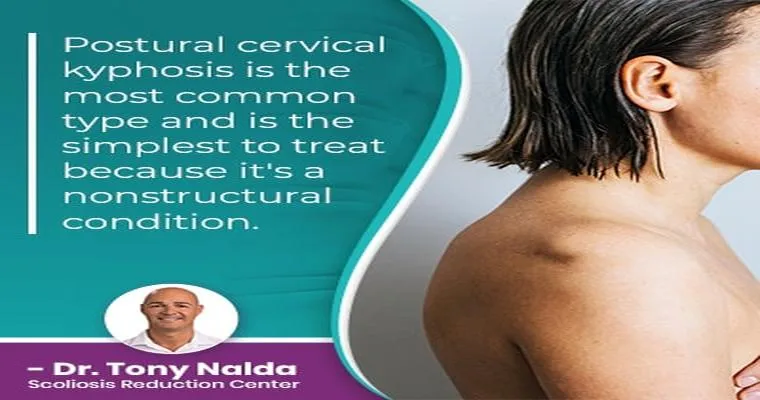
How do I get palliative care for my extreme kyphosis, causing intractable pain?
To obtain palliative care for extreme kyphosis and intractable pain, consult your primary healthcare provider for a referral to a pain specialist or palliative care team. They can assess your condition, recommend appropriate pain management strategies, and coordinate support services to enhance your quality of life.
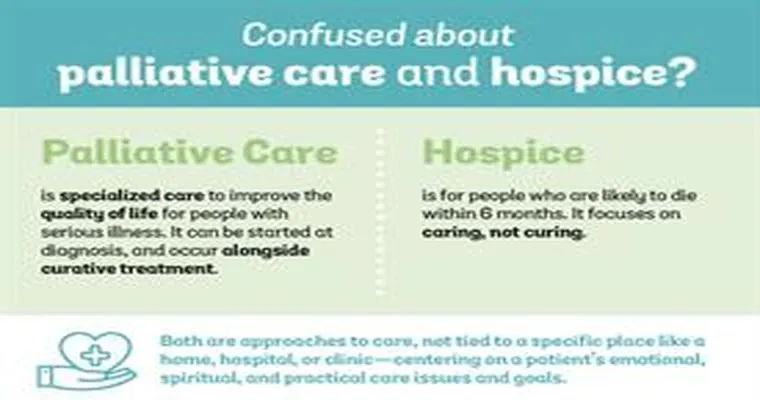
What is Palliative care?
Palliative care is a specialized medical approach focused on providing relief from the symptoms and stress of serious illnesses. It aims to enhance the quality of life for patients and their families by addressing physical, emotional, and spiritual needs, regardless of the patient's age or stage of the disease.

For a dementia patient, when does hospice become an option? Or even palliative care?
Hospice care becomes an option for dementia patients when they are in the advanced stages of the disease, typically with a prognosis of six months or less to live. Palliative care can be considered earlier, focusing on relieving symptoms and improving quality of life, regardless of the disease's progression.
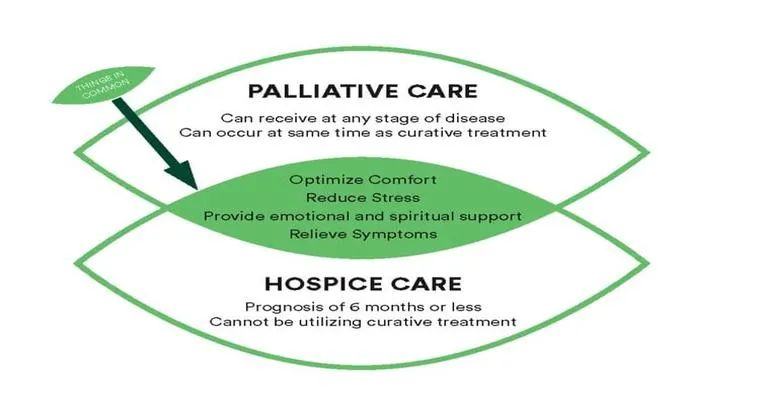
How does palliative care work?
Palliative care focuses on providing relief from the symptoms and stress of serious illness. It involves a multidisciplinary team that collaborates with patients and families to enhance quality of life. Through personalized support, effective communication, and pain management, it addresses physical, emotional, and spiritual needs throughout the illness journey.
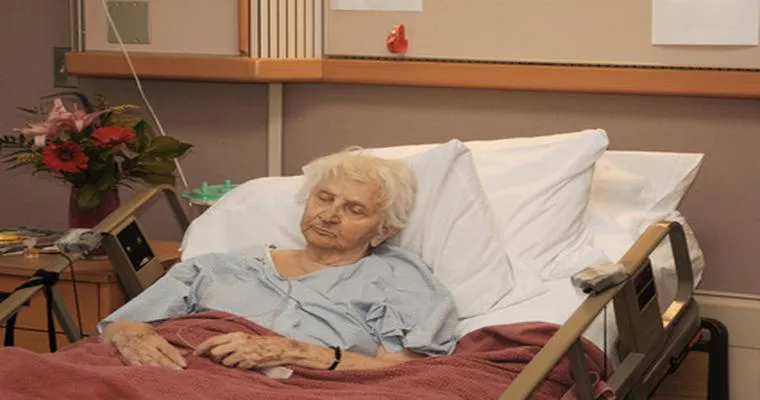
Mom in hospice with pneumonia, need advice please.
My mom is in hospice care battling pneumonia, and I'm feeling overwhelmed. I'm seeking advice on how to provide her comfort during this difficult time. I want to ensure she feels loved and supported while navigating her care and making the most of our remaining moments together.
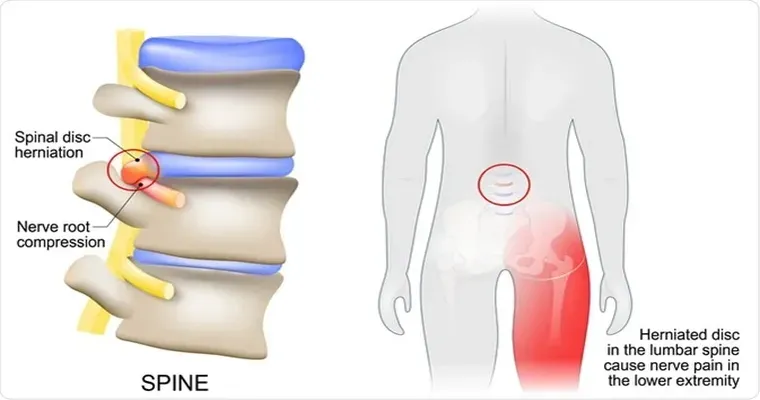
Placing central line in the groin for an advanced dementia loved one, does this procedure hurt?
Placing a central line in the groin for a loved one with advanced dementia involves inserting a catheter into a large vein for medication or fluid administration. While the procedure may cause some discomfort, healthcare providers typically use local anesthesia to minimize pain and ensure a more comfortable experience for the patient.
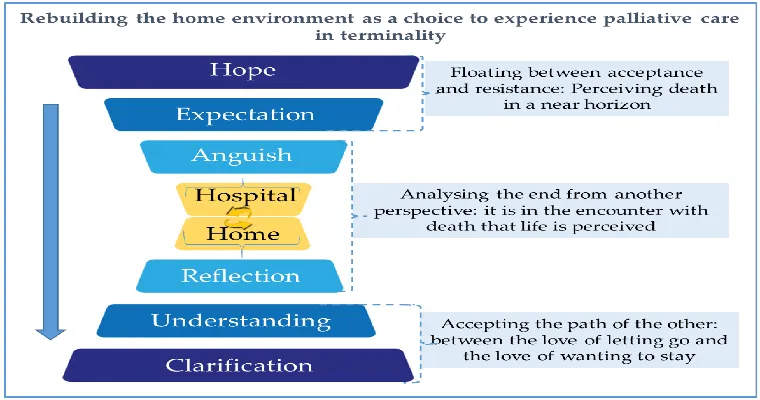
If my mother is in Palliative Care, why is she still in so much pain? How do I get her more relief, if possible?
Palliative care focuses on alleviating suffering, but some patients may still experience pain due to complex medical conditions or insufficient pain management strategies. To seek more relief for your mother, communicate openly with her healthcare team about her symptoms, explore medication adjustments, and discuss alternative therapies that may enhance her comfort.

Radiation Therapy
Radiation therapy is a medical treatment that uses high doses of radiation to target and kill cancer cells. It can be administered externally or internally, aiming to shrink tumors, prevent cancer spread, and alleviate symptoms. This therapy is often combined with other treatments, such as surgery or chemotherapy, for enhanced effectiveness.

Asking for prayers from all of the forum members that pray.
I kindly request the support of all forum members who pray. Your thoughts and prayers would mean a lot to me during this challenging time. I believe in the power of collective prayer and would greatly appreciate your kindness and encouragement as I navigate through these difficulties. Thank you.
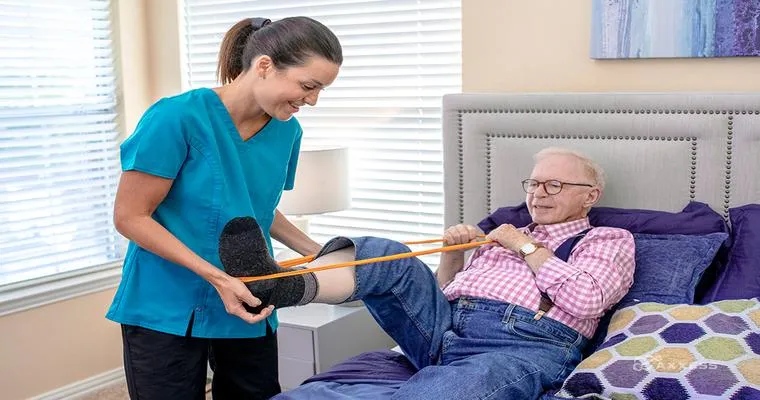
What have your PT/OT (therapy for retaining ability to self-ambulate & help with pain) experiences in hospice been?
My experiences with physical and occupational therapy in hospice focused on enhancing mobility and managing pain. Therapists provided personalized exercises and strategies to maintain as much independence as possible. Their compassionate support fostered a sense of dignity and comfort, allowing for meaningful engagement in daily activities despite challenging circumstances.

Trying to maintain composure but completely stressed...
Amidst the chaos of daily life, a person struggles to keep calm while overwhelming stress looms large. Each task feels insurmountable, and the weight of expectations presses down. They project a facade of composure, yet inside, a whirlwind of anxiety rages, revealing the stark contrast between appearance and reality.

This is getting hard...
Struggling with overwhelming challenges, the protagonist feels the weight of expectations and responsibilities pressing down. As obstacles pile up, a sense of frustration and vulnerability emerges, leading to moments of self-reflection. The journey becomes a test of resilience, forcing them to confront their limitations while seeking a glimmer of hope amidst the chaos.

Elderly Theft Accusations...
Elderly theft accusations often arise from misunderstandings or exploitation, creating significant emotional distress for the accused. These allegations can stem from cognitive decline, miscommunication, or manipulation by others. The impact can be devastating, leading to social isolation, legal challenges, and tarnished reputations, highlighting the need for sensitivity and careful investigation.
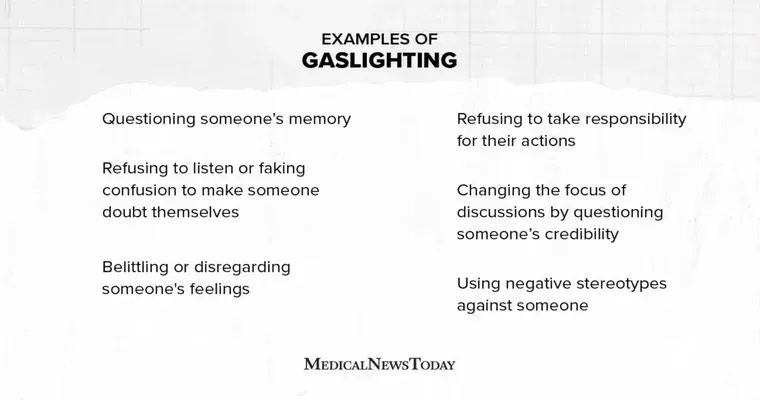
She accuses family members of taking her things.
She feels increasingly frustrated as her family members deny taking her belongings. Small items go missing regularly, leading to tension and suspicion. Despite her attempts to communicate, misunderstandings arise, causing rifts in relationships. Her accusations stem from a sense of violation, leaving her feeling unsupported and isolated within her own home.

What Is Palliative Care at Home? An In-Depth Explanation
Palliative care at home focuses on providing relief from symptoms and improving the quality of life for individuals with serious illnesses. It involves a team approach, offering medical support, emotional guidance, and assistance with daily activities, all while allowing patients to remain in the comfort of their own home.

Beating Chronic Pain in the Elderly
Chronic pain in the elderly can significantly impact quality of life. Effective management involves a comprehensive approach, including medication, physical therapy, and lifestyle changes. Encouraging social engagement and mental wellness also plays a vital role in alleviating pain and enhancing overall well-being, allowing seniors to maintain independence and enjoy daily activities.
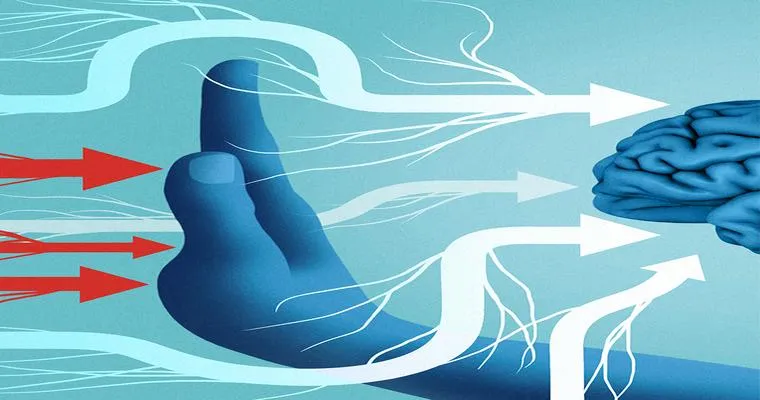
In Pain? Blame Your Brain
In Pain? Blame Your Brain explores the complex relationship between the brain and the experience of pain. It highlights how neurological processes influence pain perception, emphasizing that pain is not merely a physical sensation but also deeply intertwined with emotional and psychological factors, reshaping our understanding of pain management and treatment.
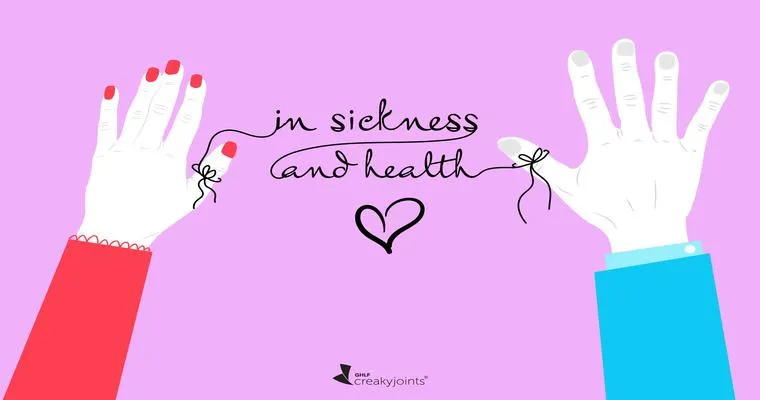
Caring For Those in Chronic Pain: How Spouses Cope
Caring for a spouse with chronic pain presents unique challenges and emotional burdens. Partners often navigate feelings of helplessness and frustration while striving to provide support and understanding. Effective communication, empathy, and seeking external resources can strengthen their bond, allowing both individuals to cope better with the daily realities of chronic pain.

Fixation on bugs. HELP! Any suggestions?
Fixation on bugs can lead to excessive anxiety and frustration, hindering productivity and enjoyment. It’s essential to take a step back and reassess the situation. Strategies like taking breaks, seeking support from others, and focusing on problem-solving can help regain perspective and reduce stress related to bug issues.
Page 27 of 134